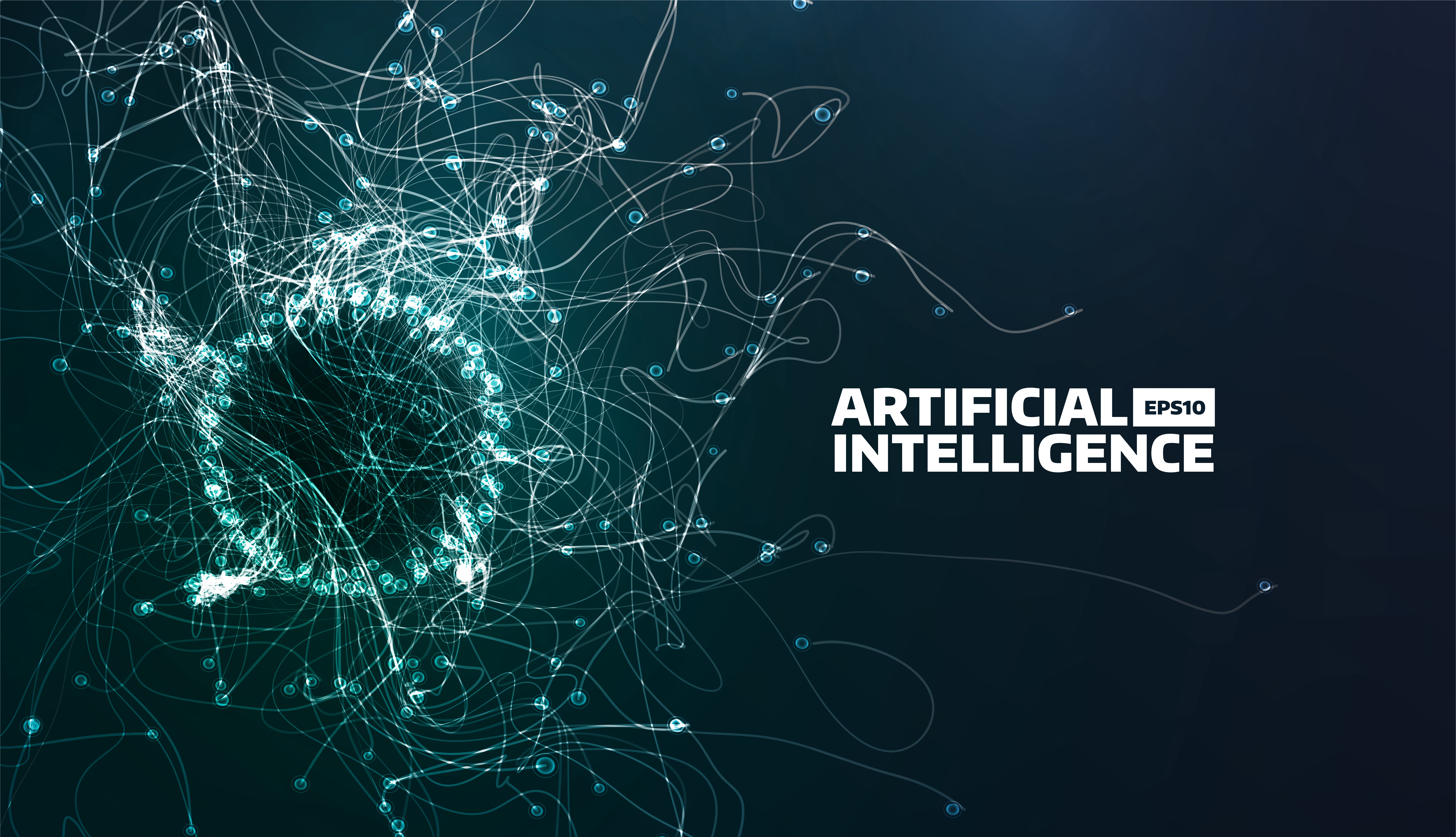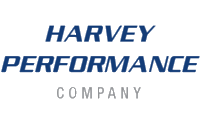In this new occasional feature in our blog, AndPlus Innovation Lead Abdul Dremali shares his thoughts on what he’s learning in the Executive Education courses he is taking at MIT’s Sloan School of Management.
I've learned a lot since I've joined the team at AndPlus, the biggest lesson I've learned so far... If you thought you were done learning, you've already begun falling behind. It's been a month since I've kicked the tires on my academic abilities at MIT but as a lifelong geek, ending up there was an inevitability. Once I dusted off the old notebooks I fell back into my educational groove relatively quickly. At MIT I'm studying the Business Applications of Artificial Intelligence and as I continue the Executive Education program, I'll continue to use my newfound skills to grow and nurture the Innovation team here at AndPlus.

Have you ever seen an advertisement for Geico car insurance that didn’t inform you that “you can save 15 percent or more on your car insurance by switching to Geico”? Probably not—Geico has been repeating that obnoxious message ad-nauseam foreeevveerrr. At this point they mock their annoying strategy because they know it worked; Geico commercials remind viewers—“everyone knows that.”
Porter’s Classic Business Strategy Framework
I was reminded of the Geico ads when I learned about Harvard Business School (you'd be surprised how often we study Harvard's publications at MIT) professor Michael Porter’s three highest-level strategies that businesses use when driving to succeed:
- Cost leadership. Striving to be the lowest-cost provider of goods and services for a particular market. Like Geico. They don't advertise much of their features or differentiators, just the fact that it's cheaper than the others.
- Differentiation. Being a unique provider for aspects that customers value, such as quality or ease of use. Apple comes to mind, sure other companies make similar devices but they make their design and implementation different enough that it drives a considerable market share.
- Focus. Tailoring products and services to a narrow segment of customers. Tesla is my favorite example of this. Sure they're attempting to change the world of lithium-ion production but they focus on fast, efficient and kind of weird looking electric cars.
Kind of obvious, when you think about it, right? Everyone knows that. But I gotta admit, it wasn't my primary focus when implementing Artificial Intelligence solutions, at least not as an endgame. Perhaps that’s why I’m a science guy and not a business school professor (although my boss is, hey Craig).
The Role of AI in Business Strategy
What may be less obvious is the role that artificial intelligence (AI) can play in each of Prof. Porter’s strategies. AI is one of the four interrelated Next Big Things in technology (the others being big data, robotics, and the “internet of things,” or IoT) that will soon and have already begun to impact our lives in ways that were unimaginable just a few years ago.
My classmates and I have been asked to think about AI in general and machine learning in particular and how they fit in to Porter’s business strategy framework. So, here's a little bit of thinking out loud:
- AI can drive down costs in many ways, sure we know that. It's actually one of the biggest fears of this new tech. Whether it’s an autonomous robot tasked with stocking, picking, and moving goods in a warehouse, or a deep-learning algorithm identifying signs of fraud in transactional data or managing building infrastructure systems to increase energy efficiency, AI can give businesses new ways to increase margin and reduce overhead. This gives them the ability to continue to undercut their competitors on price. Before you object, I definitely do understand the implications of job growth among the human population here. I get it.
- AI can be a differentiator (is that a word? spellcheck is telling me no but my brain is telling me yes). By incorporating AI into their products or services, businesses can differentiate themselves in the marketplace. We’re already seeing this in products such as Amazon’s Alexa line and similar products and services from Google, Apple, and Microsoft: Devices that can understand and respond to voice commands. There are automotive technologies that warn drivers of dangerous driving situations and even temporarily take control of the vehicle. As AI improves, these technologies will become more useful and more prevalent, and businesses that exploit them will differentiate themselves in the market. One of my favorite things about this point is that the tech giants mentioned above are being curiously generous and providing some of these algorithms to the public to license and use for themselves. This opens many, many doors.
- AI can take customer focus to new levels. Many pizza restaurants have smartphone apps that let you order pizza. Most will remember what you ordered last time and give you the opportunity to order the same thing again—and being creatures of habit, many of us probably do just that. Yeah I'm talking from experience, leave me alone. But imagine an app that has a master chef’s understanding of how flavors work together, and on the basis of what you’ve ordered previously, knows what flavors you like and suggests new combinations of pizza toppings that you might not have thought of. There is an infinite amount of pizza concoctions out there!! All the better if it knows you’re lactose intolerant (like me, I don't want to talk about it) or require kosher preparation. In this way, AI enables the ultimate in customer focus, all the way down to the individual customer level. I know the pizza bit is a little silly but focused AI products are really the future of consumer apps. You're going to start seeing very specific and targeted software that uses complex machine learning models. In fact, I literally just signed up for one today. I joined the Apple Heart Study which is using my heart rate data to try to extrapolate whether or not I'm prone to heart disease. These will continue to grow and weave their ways into our lives I can't wait to lead the charge.
That last one could just as easily be an example of AI as part of a differentiation strategy; clearly, AI can work its way into multiple strategies simultaneously. As the technology matures and becomes more integrated with big data, robotics, and IoT, there may be no limit to the benefits businesses can reap by adopting AI as part of their overall strategy. Business leaders would be well-advised to think about AI sooner than later.
What do you think? Next time we'll talk about Natural Language Processing and some of the basic applications in use today - and where it can go tomorrow (not literally tomorrow but like eventually).
















